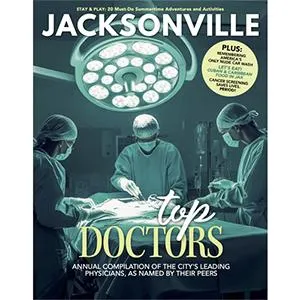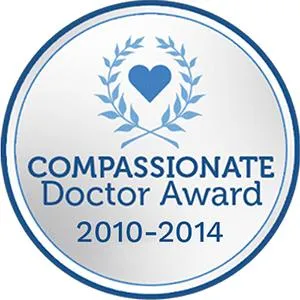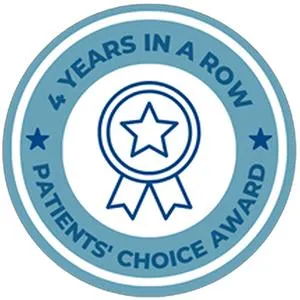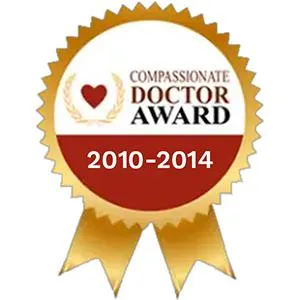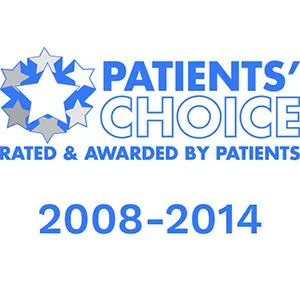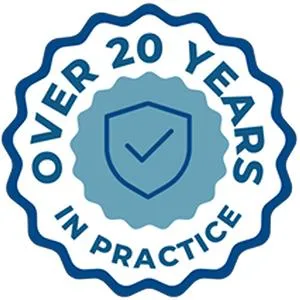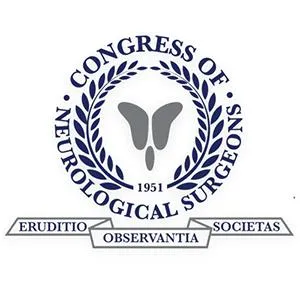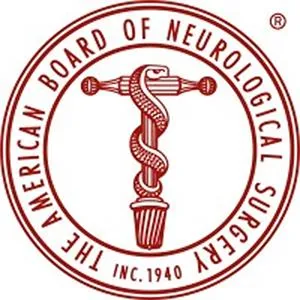Spine Conditions
Spine Nerve Conditions
Understanding Nerve Pain and Compression in the Spine
The spine protects the spinal cord and gives passage to the nerves that travel throughout the body. When these nerves are compressed, inflamed, or injured, the result is often pain, tingling, numbness, or weakness. Collectively, these are called spine nerve conditions. At Desert Spine and Pain, we understand how distressing nerve-related pain can be. Patients often fear the worst when they hear terms like “nerve compression” or “pinched nerve.” Led by Dr. David L. Greenwald, M.D., FAANS, FACS, one of the country’s most respected neurosurgeons, our Phoenix-based team focuses on accurate diagnosis, compassionate explanations, and customized treatments.

Over 100 5-Star Reviews!

Disc Disorders We Treat
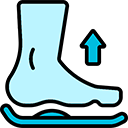
Drop Foot
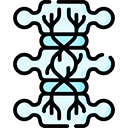
Myelopathy

Pinched Nerve

Radiculopathy

Sciatica

Spinal Cord Injury
What Are Spine Nerve Conditions?
Spine nerve conditions occur when spinal nerves or the spinal cord are irritated, compressed, or damaged. These conditions can develop suddenly — as with a herniated disc — or gradually due to arthritis and degeneration.
Common Types of Nerve Conditions
Radiculopathy – Pain, numbness, or weakness from a compressed spinal nerve
Sciatica – Irritation of the sciatic nerve, usually from lumbar disc or stenosis Learn about Sciatica
Cervical Radiculopathy – Nerve root compression in the neck causing arm pain or weakness
Lumbar Radiculopathy – Nerve root compression in the lower back causing leg pain
Peripheral Nerve Entrapment – Nerves outside the spinal cord compressed or irritated
Myelopathy – Compression of the spinal cord itself Learn about Cervical Myelopathy
Causes and Risk Factors
Herniated discs – Disc material presses on nerves
Spinal stenosis – Narrowing of the canal or foramina
Degenerative changes – Arthritis and bone spurs
Spondylolisthesis – Slipped vertebrae compressing nerves
Trauma – Fractures or dislocations of the spine
Tumors or infections – Rare causes of nerve compression
Symptoms
Radiating pain (arm pain from the neck, or leg pain from the lower back)
Tingling, numbness, or “pins and needles” sensations
Muscle weakness in arms or legs
Loss of coordination or grip strength
Difficulty walking or standing for long periods
Severe cases: bladder or bowel dysfunction (emergency)
Diagnosis
At Desert Spine and Pain, we use:
Medical history and exam – Checking range of motion, reflexes, and strength.
MRI – Best for viewing disc condition and nerve involvement.
X-rays – To check alignment and rule out fractures.
CT scans or discography – In selected cases for detailed analysis.
Treatment Options
Non-Surgical Treatments
Medications for pain and inflammation
Physical Therapy to improve posture and reduce nerve irritation
Activity modification and ergonomic changes
Epidural Steroid Injections for nerve inflammation
Surgical Care
If nerve compression is severe or persistent:
Microdiscectomy – Removes herniated disc material pressing on a nerve
Laminectomy / Foraminotomy – Widens narrowed spaces for nerves
Spinal Fusion – Stabilizes spine when instability causes nerve irritation
Minimally Invasive Surgery (MIS) – Smaller incisions and quicker recovery
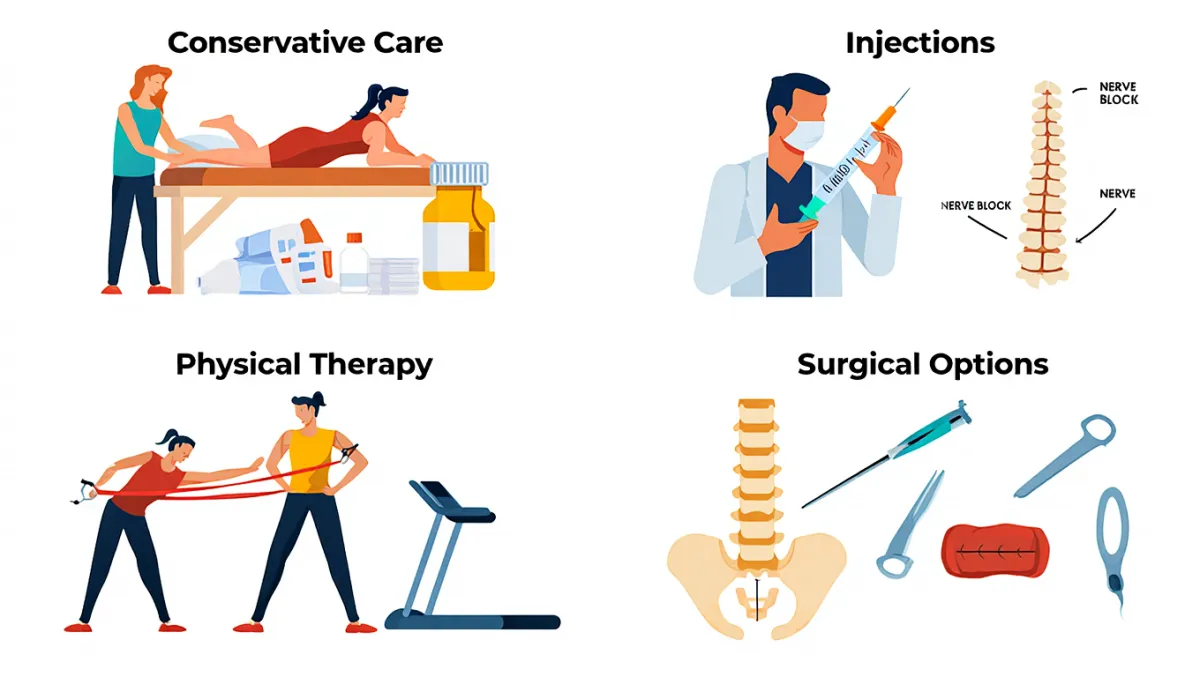
Recovery Timeline
Conservative care – Many improve within 6–12 weeks
Injections – Relief may last months, allowing rehabilitation to progress
Surgery – MIS recovery often within weeks; fusion requires several months
Why Choose Desert Spine and Pain?
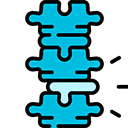
Spine and Neurosurgeon
Nationally recognized neurosurgeon Dr. Greenwald - an expert in nerve condition treatments.

Patient Care
Conservative-first philosophy – Surgery only when necessary
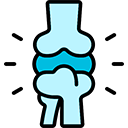
Comprehensive care
Full range of therapies, injections, and advanced procedures

Compassionate support
Helping patients feel reassured and confident in their treatment

Dr. David L. Greenwald, M.D., F.A.C.S.
Neurosurgeon | Spine Surgeon | Regenerative Medicine
Dr. David L. Greenwald, MD, FACS, is a board-certified spine surgeon renowned for his expertise in spine surgery, offering both traditional and minimally invasive procedures to treat a wide range of spinal conditions. Whether addressing herniated discs, spinal stenosis, fractures, deformities, or degenerative diseases, Dr. Greenwald combines surgical precision with the latest technology to achieve optimal outcomes. His approach emphasizes preserving mobility, minimizing tissue disruption, and promoting faster recovery. With decades of experience and a strong reputation for compassionate care, Dr. Greenwald has helped countless patients throughout South Florida find lasting relief and return to active, pain-free lives.
Frequently Asked Questions
Are all spine nerve conditions serious?
Not always. Some are temporary, but persistent symptoms should always be evaluated to prevent nerve damage.
What’s the difference between radiculopathy and sciatica?
Radiculopathy is a general term for nerve root irritation; sciatica is a specific type of radiculopathy affecting the sciatic nerve.
Can nerve pain go away without surgery?
Yes. Many cases improve with therapy, medication, and injections. Surgery is reserved for severe or progressive symptoms.
How do I know if my nerve pain is an emergency?
Seek immediate care if you develop sudden weakness, loss of bladder/bowel control, or inability to walk.
How does Desert Spine and Pain treat nerve conditions differently?
We use advanced diagnostics, conservative-first care, and minimally invasive surgical expertise to provide personalized solutions.
Book your Spine Care Consultation Today!

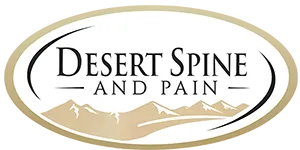
Desert Spine and Pain
Patient Centered & Partner Focused
Quick Links
Resources
Connect With Us
© Desert Spine and Pain. 2026. All Rights Reserved. Sitemap
